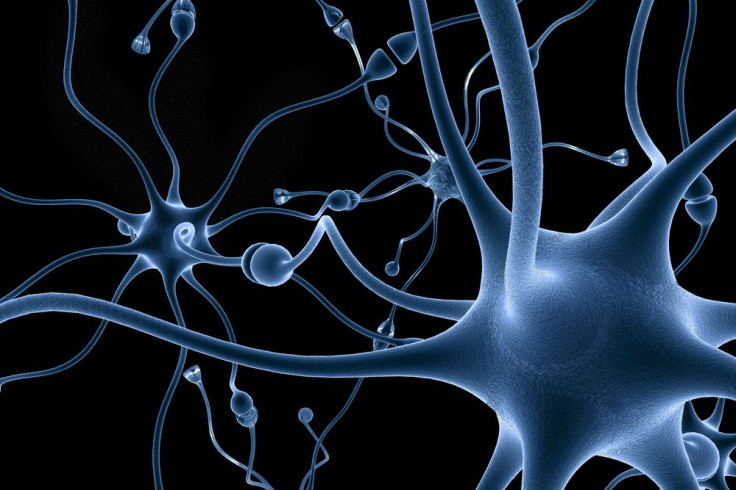Depression Blood Test In The Works; Identifies Molecules Linked With The Condition

By screening for a tiny molecule in the brain, doctors may someday diagnose depression with a simple blood test. Scientists have recently uncovered the workings of a molecule called miR135 that seems to help regulate levels of serotonin, the neurotransmitter responsible for happiness. It could also inspire a raft of drug research aimed at controlling miR135.
Published last week in the journal Neuron, the paper is the latest evidence that mental disorders can be diagnosed with physical testing. In 2012, two studies discovered several chemical markers in the blood that could indicate early signs of depression. And in April, a research team in Vienna unveiled proof that a protein responsible for transporting serotonin could be measured in the bloodstream.
"While blood tests for mental illnesses have until recently been regarded as impossible, this study clearly shows that a blood test is possible in principle for diagnosing depression and could become reality in the not too distant future," lead author of the Vienna study, Lukas Pezawas, of MedUni Vienna, said in a summary of the findings. Currently, depression and other mental illnesses are diagnosed through observation, questionnaires, and consultations with psychiatrists. No doubt the stigma of mental illness has much to do with the lack of obvious physical signs.
But that could all change soon. The authors of the current study, from the Weizmann Institute of Science in Israel, say they've examined the way serotonin levels are influenced by miR135 — a kind of microRNA whose job is to regulate cellular activities. In this case, miR135 makes sure enough serotonin is firing through our brain cells to keep us from depression and chronic anxiety, but not so much that we lose the capacity for functional stress.
To understand the way miR135 works, they genetically modified mice to have either too much or too little of the microRNA. Then, they measured miR135 levels in the blood and brains of people. They discovered that depression patients have "significantly lower" amounts of miR135. What's more, they found that miR135 is located in a part of the genome associated with bipolar disorder.
Already, the biotech arm of the Weizmann Institute, called Yeda Research and Development Co. Ltd., has applied for a patent, and they plan to develop a drug and a diagnostic method based on the findings, the Institute said in a news release. "After completing preclinical trials, the company hopes to begin clinical trials in humans," they said.
Source: Issler O, Chen A, et al. MicroRNA 135 Is Essential for Chronic Stress Resiliency, Antidepressant Efficacy, and Intact Serotonergic Activity. Neuron. 2014.
Published by Medicaldaily.com



























